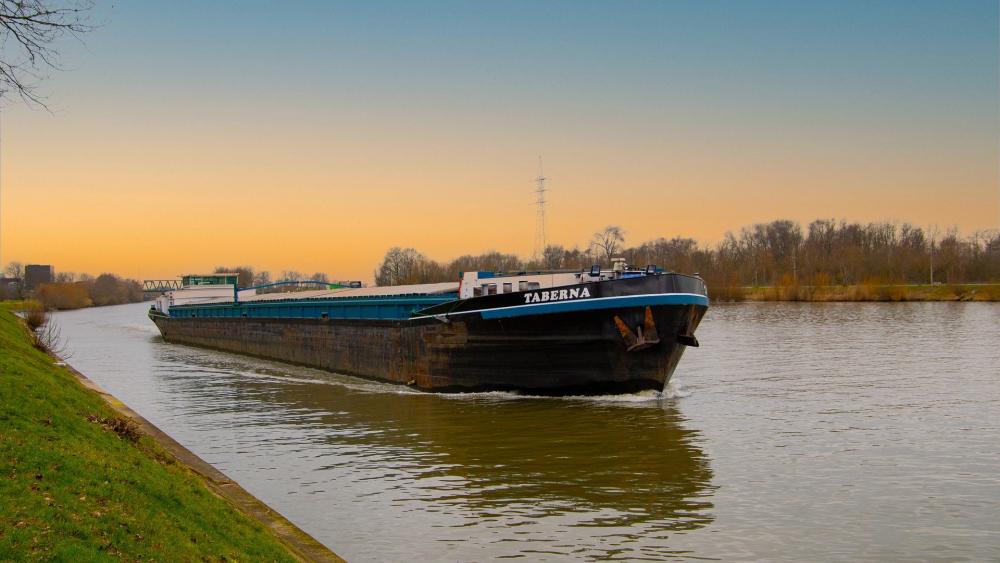
The negative impact of inland navigation on river ecosystems must be given greater consideration in European transport and infrastructure policy, IGB researchers say. Photo: dendoktoor / pixabay.
Strong target conflicts between inland waterway transport on one hand and both river rehabilitation and biodiversity conservation on the other hand (foreseen e.g. in the EU's biodiversity strategy for 2030) have to be mitigated before implementing TEN-T measures. Harmonisation is needed in order to avoid situations where measures implemented under TEN-T prevent achieving the good ecological potential as required by the EU Water Framework Directive (WFD). TEN-T regulations and activities need to be subjected to pan-sectoral environmental impact assessment, cost-benefit check and prioritisation rather than counteract with the objectives of the Green Deal.
Sustainable, climate-resilient inland navigation infrastructure should be designed to cope with the actual conditions of the dynamic natural aquatic ecosystems in a flexible way, in contrast to the current non-sustainable system of adapting rivers to a certain, ever larger navigation class. If inland navigation infrastructure is further developed with the outdated approaches of the past, it will never become the environmentally and climate-friendly mode of transport that EU policy desires and plans it to be, the researchers conclude.






